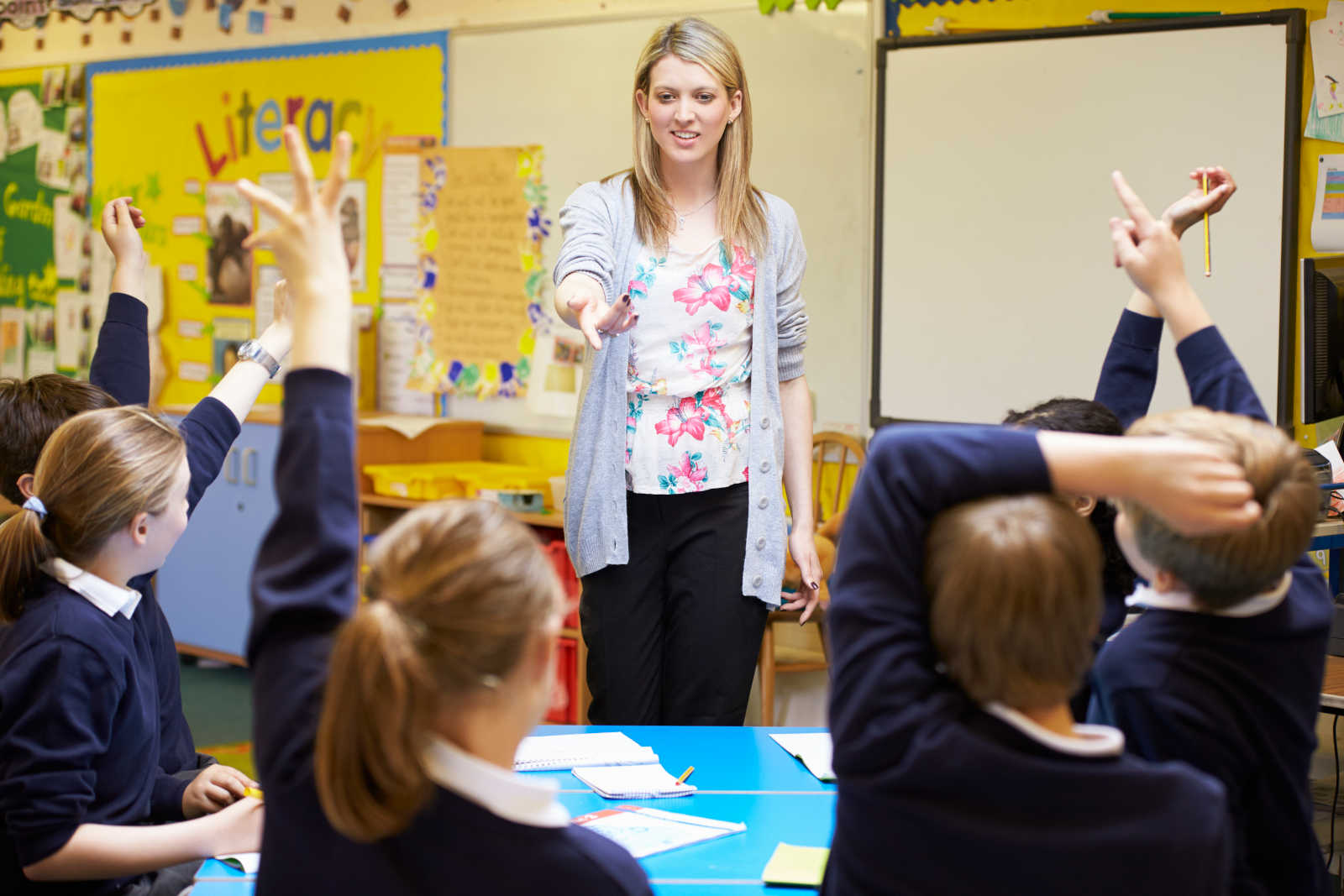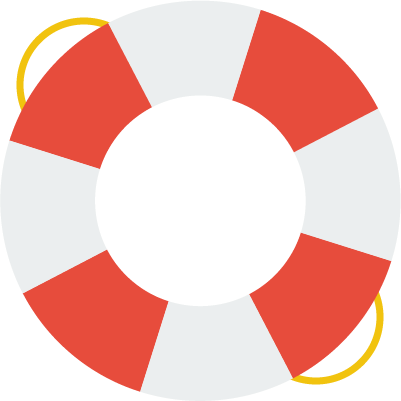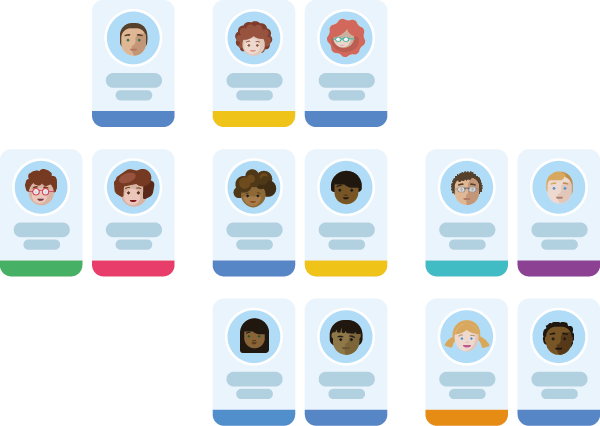Recent updates - April 2024
It's been a few months since our last update and we've been working on a number of exciting updates, including improvements to our report an incident or concern feature, as part of this year's student wellbeing focus. Read all about them in the latest updates blog.
 April 2024 - 4 minute read
April 2024 - 4 minute read
Effective Behaviour Management
What is effective behaviour management and what impact can it have in your school? Join Ben Dunford as he discusses some strategies you can use to improve behaviour in your classroom.
 January 2024 - 5 minute read
January 2024 - 5 minute read
Recent updates - November 2023
This month we launched our new student details page and completed our AWS migration. Read about these and several other updates in this month's updates blog.
 November 2023 - 3 minute read
November 2023 - 3 minute read
Recent updates - October 2023
Read about the latest updates to the epraise platform, including big changes to our supporting technologies, our planned migration to AWS and several smaller incremental improvements.
 October 2023 - 3 minute read
October 2023 - 3 minute read
Taking your house point system to the next level
Most schools have some sort of House System or its equivalent in place, but is your house system working as well as it could? Join Rob Eastment as he explores some great ideas to take your house system to the next level.
 August 2023 - 3 minute read
August 2023 - 3 minute read
Recent updates - July 2023
Read about the latest updates to the epraise platform, including updates to Single Sign On, internationalisation improvements and new connections to Veracross.
 July 2023 - 3 minute read
July 2023 - 3 minute read
Firefly Learning joins Veracross
We are delighted to announce that Firefly Learning has joined the Veracross family. Veracross is a leading provider of cloud-based School Information Systems (SIS/ MIS) designed to meet the unique needs of independent schools.
 February 2023 - 7 minute read
February 2023 - 7 minute read
The rise of parental engagement
When I first started teaching, parental engagement consisted of yearly reports, yearly parents' evenings and a phone call home to the same few parents every other week. Parents had no access to live student data and had no way to communicate directly with teachers other than picking up the phone...
 April 2022 - 3 minute read
April 2022 - 3 minute read
Introducing Firefly on Teams - A new generation of tools for Microsoft schools
With many schools using Microsoft Teams with their students, we are delighted to announce the release of Firefly on Teams, our first joint venture since joining forces with the Firefly Learning team...
 May 2021 - 7 minute read
May 2021 - 7 minute read
Epraise joins Firefly Learning
We are delighted to announce the exciting news that Firefly and Epraise are now part of the same family. By working together, we believe that our shared desire to improve the education experience for students, teachers and parents can be accelerated...

 March 2021 - 7 minute read
March 2021 - 7 minute read
Return to school: How epraise can help part 2
Over the last year schools around the world have had to adapt quickly to the ever-changing situation presented by the spread of coronavirus. They have had to rapidly adopt systems to help support their school communities under unprecedented circumstances...

 March 2021 - 4 minute read
March 2021 - 4 minute read
Return to school: How epraise can help part 1
After many months of working and learning from home, schools in the UK will be returning for all students from the 8th March. There will be all kinds of emotions felt around this time, excitement to catchup with friends again, anxiety about missed...

 March 2021 - 3 minute read
March 2021 - 3 minute read
Remote parents' evenings
Parent's evenings are an important part of the school calendar; one of the few chances a parent and a teacher have to sit down and discuss how things are going. But what do you do during the global Covid-19 pandemic, when parents aren't allowed into a school? We have a few ideas...
 November 2020 - 3 minute read
November 2020 - 3 minute read
Rewards systems: Running a shop
Students work exceptionally hard, they hand in their homework on time, they're well-mannered, timely to class, and in turn (in most cases) receive recognition whether that's through acknowledgement by a statement of praise or through a system of rewarding like points or stars added to a chart...
 June 2020 - 4 minute read
June 2020 - 4 minute read













